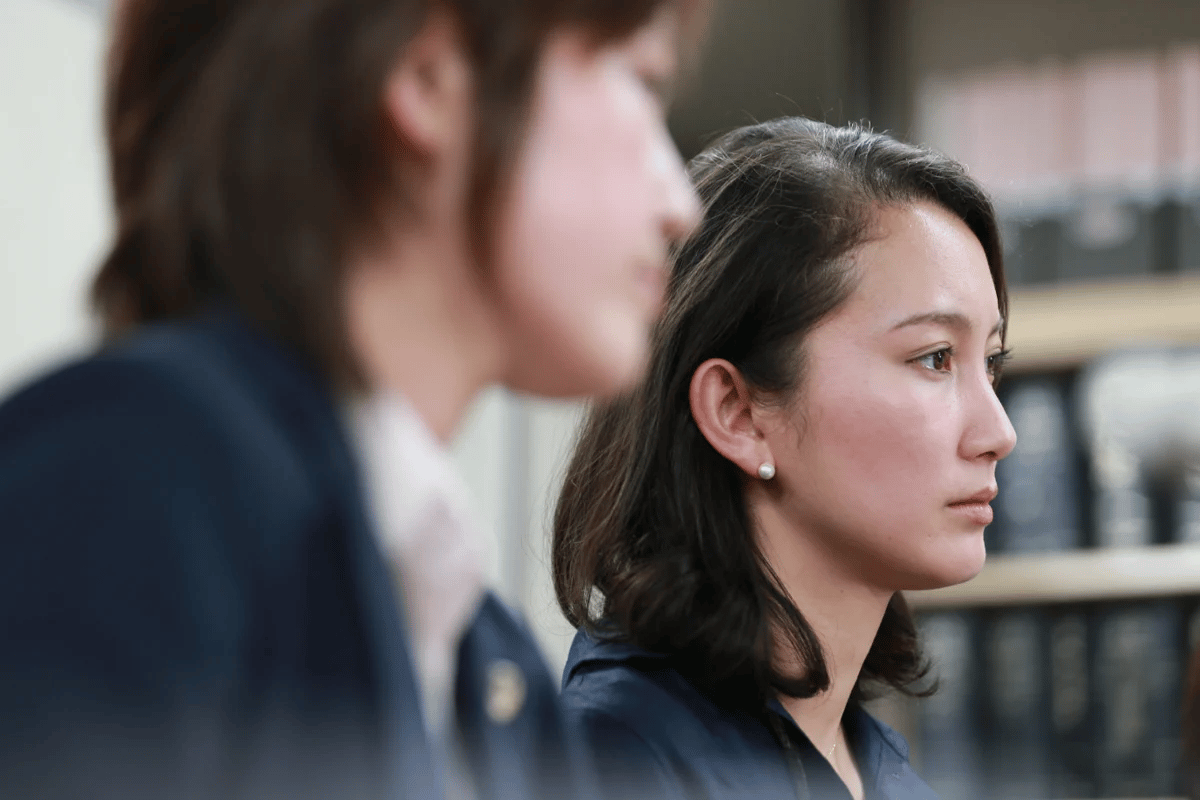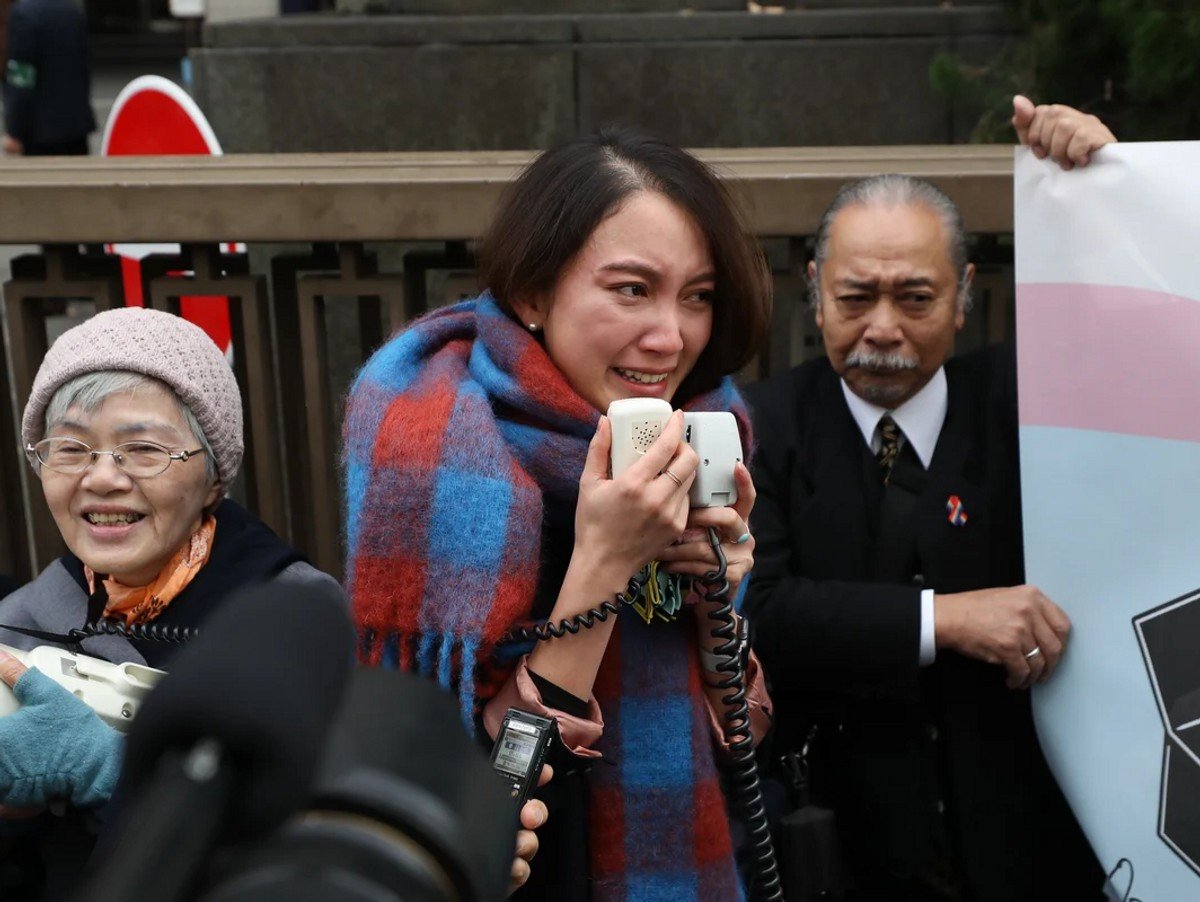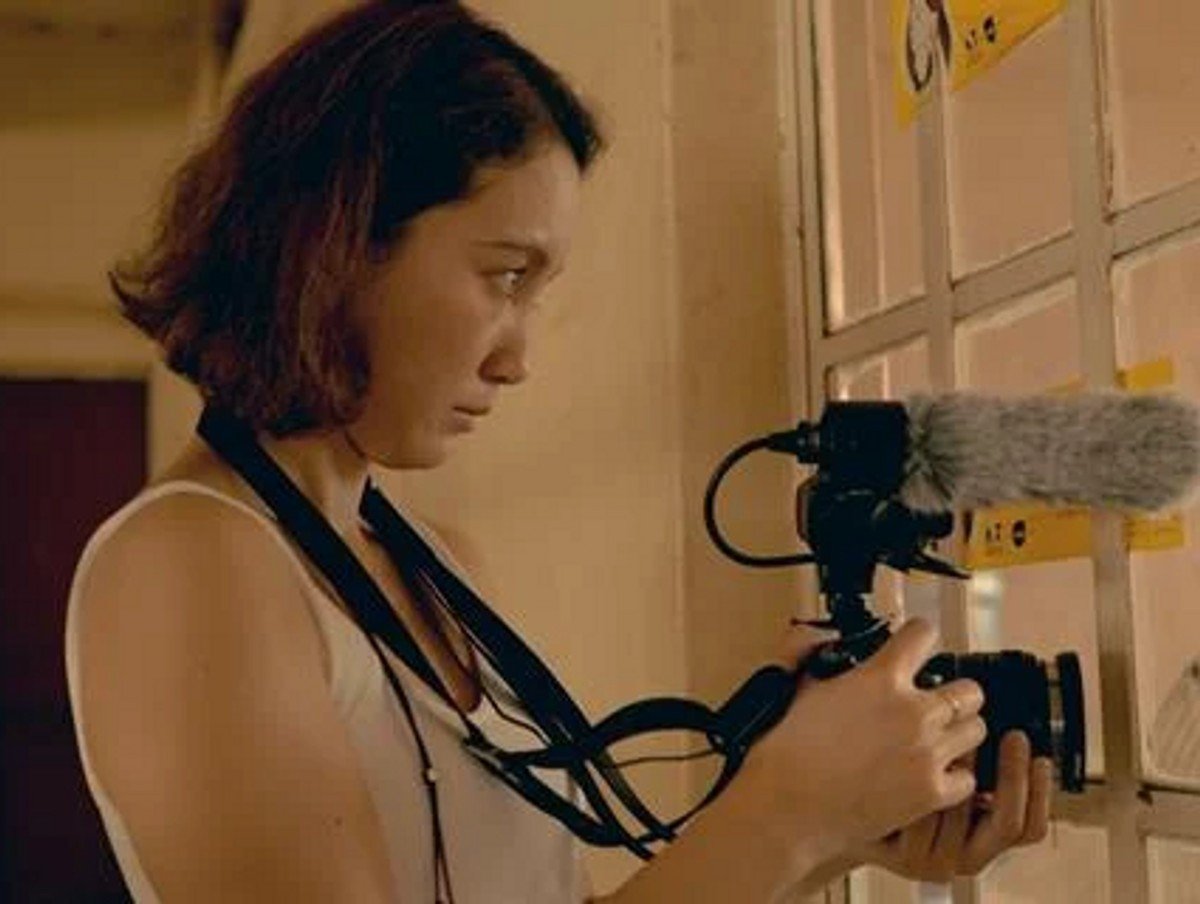
Content warning: This story includes descriptions of sexual assault and domestic violence that may be distressing to some readers/listeners.
In 2015, Shiori Itō was an aspiring journalist with dreams of making it in Japan's competitive media industry.
The story she would end up telling wasn't supposed to be her own. But one dinner meeting would change the course of her life — transforming her from a reporter into the reluctant face of Japan's #MeToo movement.
Shiori had agreed to meet Noriyuki Yamaguchi — a powerful media figure and the former Washington Bureau Chief of TBS TV station in Tokyo — for dinner to discuss a potential job opportunity in America.
What happened next is still a blur to Shiori, as she claims she does not remember anything else from that evening. Just that, when she woke up, she was being assaulted.
"I have no memory of that night," Shiori is heard saying in a new Oscar-nominated documentary, Black Box Diaries. "When I woke up, I was being raped."
After being allegedly drugged and raped by Yamaguchi, Shiori did what victims are told to do: she went to the police. But in a country where speaking about sexual assault is deeply taboo, justice would prove elusive.
Watch the trailer for Black Box Diaries. Article continues after video.

































































































